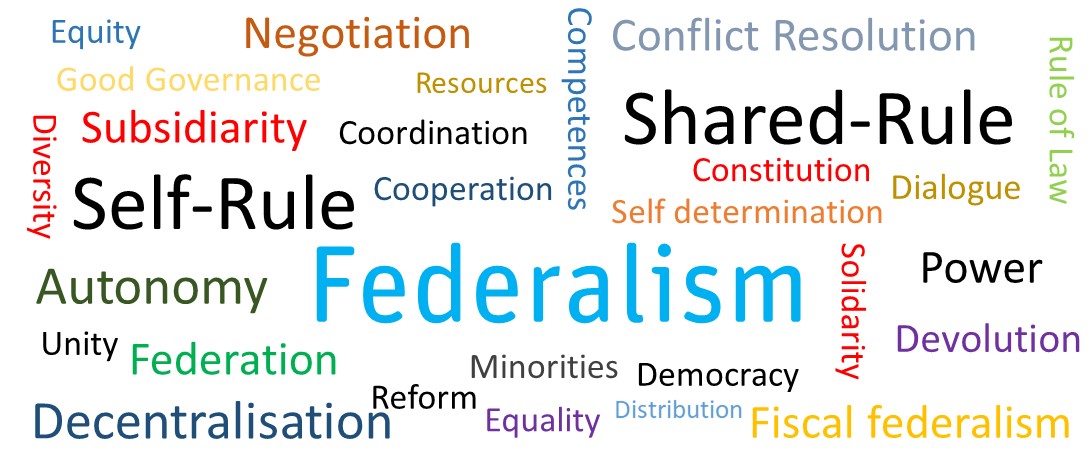Abstract
Second chambers have a long history and were re-designed for the purposes of federalism with the invention of the US Senate. Today, almost all federal parliaments have a bicameral structure in order to allow the constituent units to exercise shared rule. The composition and selection of federal second chambers varies very much, though: the constituent units are either represented equally or by different numbers of delegates, who are, in most cases, either appointed or elected directly or indirectly. The core function of federal second chambers relates to legislation, even though not all of them are responsible for a full range of legislative matters or other legislative functions than just (suspensive or absolute) veto powers; in some cases, they also exercise non-legislative functions. Many federal second chambers are criticized for their political inefficiency and non-representation of constituent interests. It is doubtful, however, whether they could be replaced by an alternative mechanism.


